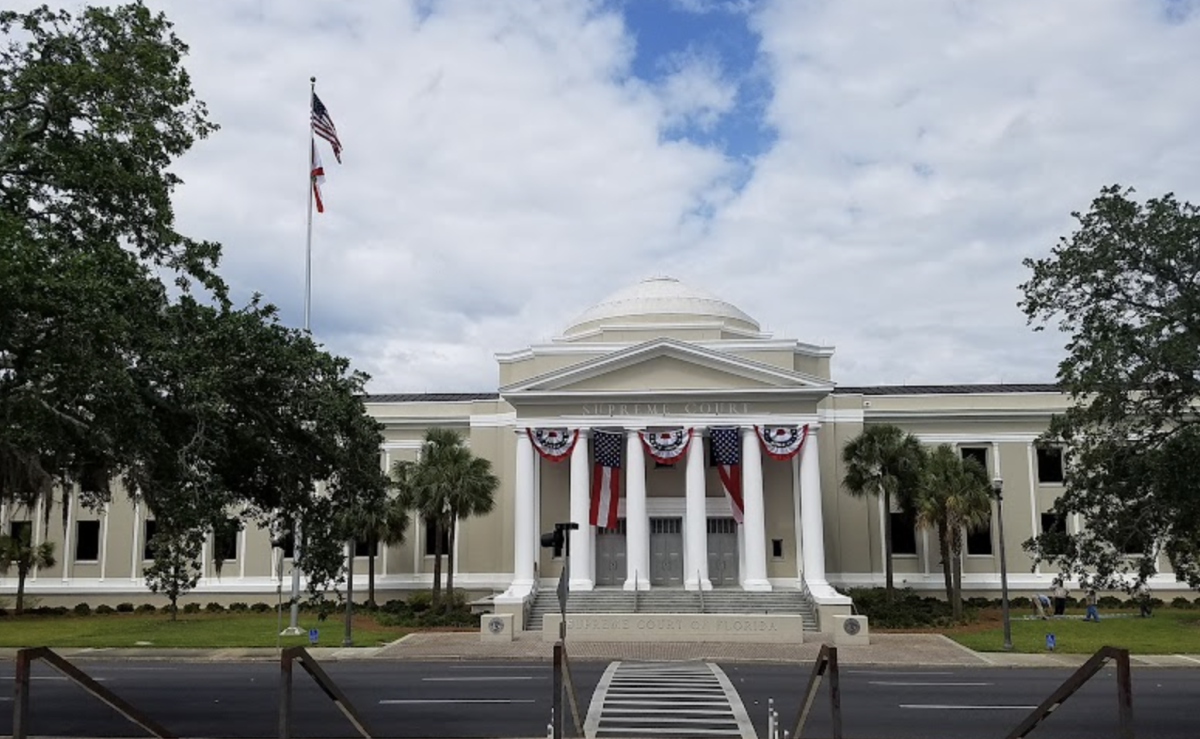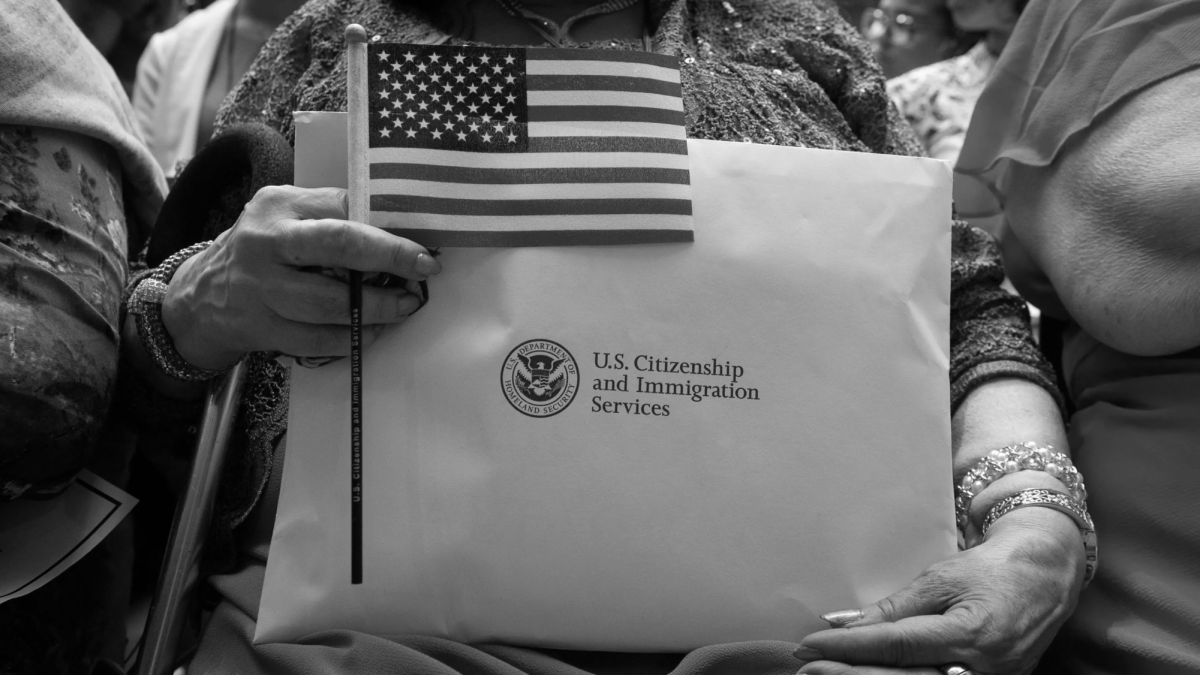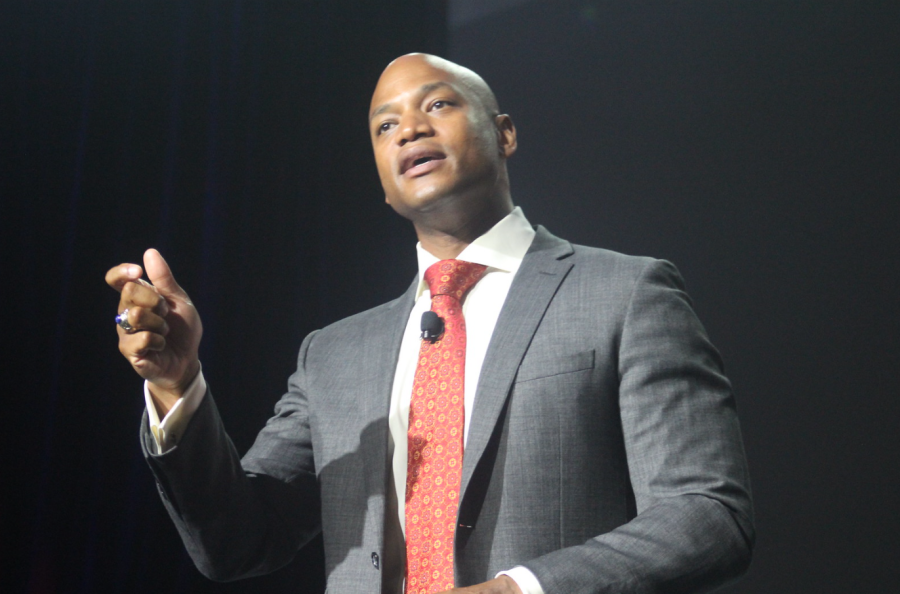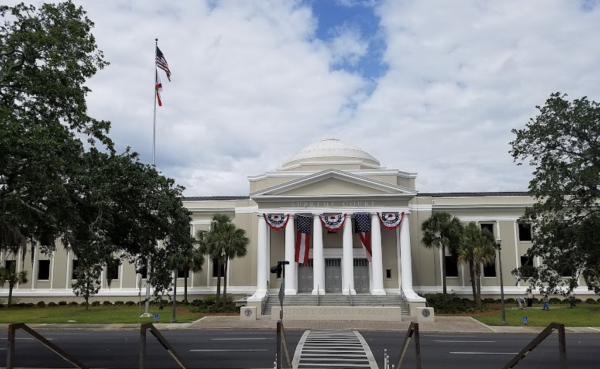Maryland Governor Wes Moore Signs Legislation Protecting Abortion
Gov. Wes Moore passed legislation codifying abortion and gender-affirming healthcare. Photo: Natalia Molebatsi via Flickr.
On May 3, Maryland Gov. Wes Moore signed a bill codifying the right to abortion into the Maryland Constitution. Provisions of the abortion legislation included protection of health care workers providing abortions to out-of-state patients from liability.
The abortion and the gender-affirming care legislation signed by Moore directly opposes the general national trends, as restrictions on abortion and incidences of anti-trans legislation are steadily increasing.
According to the Center for Reproductive Rights, abortion is now illegal in 13 states, and legislation is “hostile” to abortion in 11 additional states. Six states have instituted six-week abortion bans that severely restrict abortion, as many people do not realize they are pregnant prior to the six-week mark.
Even though Maryland is a predominantly democratic state and abortion bans are unlikely, the legislation strengthens the fight protecting abortion. If legislators do not codify the right to abortion into law, tighter restrictions are always possible, such as in states like Virginia, where abortion is not banned but has no legal protections.
Institutions like Virginia’s annual “Day of Tears,” on which Virginians mark the overturning of Roe v. Wade, indicate abortion’s precarious position in the state. By codifying abortion, Maryland legislators ensure abortions for future generations, even if future regimes display Virginia-like attitudes.
The process of passing the bill was complicated and lengthy. House Speaker Adrienne Jones and Senate President Bill Ferguson sponsored the bill for two years. Eventually, the bill was passed in the Maryland Congress and signed by the Governor. However, it will not take effect until it receives a majority vote from Maryland residents in 2024.
Moore also signed another bill on the same day, which included provisions to protect gender-affirming care for transgender individuals. Moore’s legislation was met with approval from the transgender community. “Them,” an LGBTQ magazine, explains that the bill requires that gender-affirming care, like hormone replacement therapy, is included in state Medicaid plans and administered without discrimination. Though the bill does not fully codify transgender health services, it leaves the opportunity for future codification in its wording.
According to the U.S. Department of Health and Human Services, the bill protects “all reproductive health services, medications and supplies” as well as “other sensitive health services.” A Maryland commission is investigating whether transgender health services are sensitive enough to be legally protected. If the commission decides they are, Maryland could protect trans residents from out-of-state anti-transgender laws.
Many transgender activists believe the bill is a step in the right direction. Alexa Rodriguez, the director of Trans-Latinx-DMV, believes the bill will ensure the safety of those seeking gender-affirming care.
“As a provider I see a lot of people like me — people living with HIV, trans folks who are immigrants and many of them undocumented — struggling to access [gender-affirming care] that is medically necessary and ultimately life-saving,” she said. The new bill is expected to cause approximately a 25 percent increase in individuals who can safely access gender-affirming care.
Along with a medical impact, the bill will have a cultural one. “People will have more coverage, but most important for me is that people will not be able to reject us for who we are,” explained Rodriguez.
Your donation will support the student journalists of Sidwell Friends School. Your contribution will allow us to purchase equipment and cover our annual website hosting costs.

Anya Vedantambe is currently a Photo Editor for Horizon, a position she held in both the 2022-2023 and 2023-2024 school years. Prior to this, she served...























































